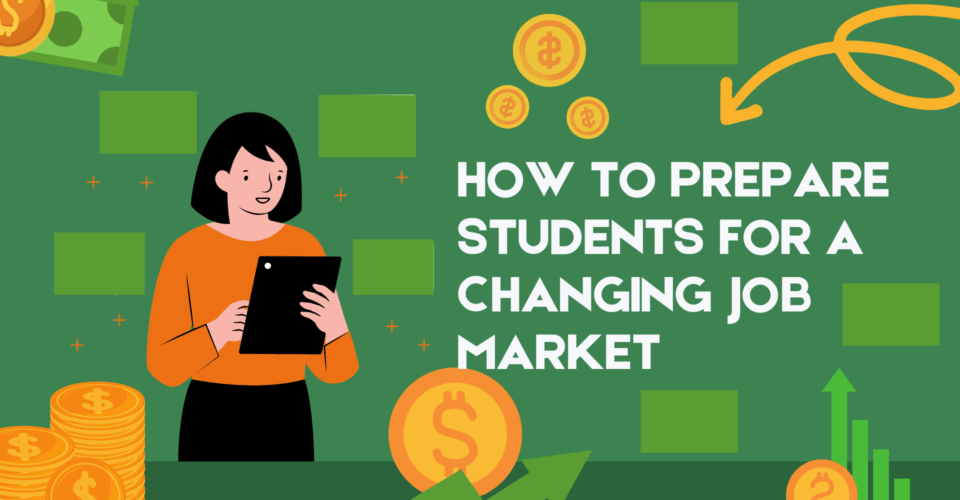As more college leaders turn to social media to connect with prospective students, high schoolers and their parents are increasingly relying on influencer content from college community members to guide them toward Decision Day.
That’s according to a recent survey of more than 3,400 high school rising seniors, recent graduates and their parents, conducted by Carnegie, a marketing and enrollment strategy service.
Nearly one in five high school graduates and a quarter of all rising seniors follow an influencer posting college-specific content. Two-thirds of parents said they expect to engage with influencer-based content in the future.
Moreover, trust in social media content has increased in 2025, the report asserts.
The most effective influencers are current members of the college community. Respondents stated that posts by college students and recent graduates offered authenticity, inspiration and educational value. Parents and students trusted this content more than posts by institutions.
However, influencer content that strays from authenticity and comes off as too promotional can lose the trust of a college’s intended audience.
“You have to find who is speaking positively about the university, who’s authentically already saying these things,” Chandra Carson, executive director of content marketing at the University of New Hampshire, told University Business. “What you don’t want is to utilize somebody who has never spoken about the university and suddenly they’re a talking head and it doesn’t make any sense.”
Here’s how to build a more effective grassroots social media movement
Scholarships, tuition price and financial aid are the most important factors for graduating high school seniors when selecting a college. Cost-related matters have ranked among the top three in every year of Carnegie’s survey.
Increasing influencer-based content isn’t the only hot market. The use of AI tools has more than doubled over the last year and is climbing at a higher rate than other media tools explored by Carnegie.
One recent report found that AI can optimize real-time college marketing campaigns, generate predictive analytics and create chatbots and virtual assistants.



